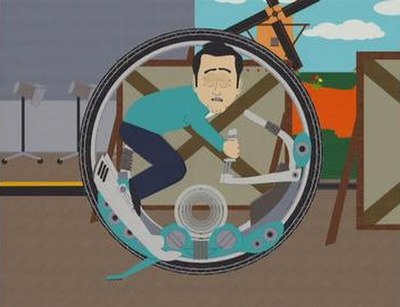CommanderFrank
Cat Can't Scratch It
- Joined
- May 9, 2000
- Messages
- 75,399
So says the former CEO of Canonical, Mark Shuttleworth about the performance of Ubuntu against Windows 8 operating systems running on a tablets. Take that statement with a grain of salt since Mr. Shuttleworth may be a wee bit biased on the subject of Ubuntu or anything Canonical for that matter. 
Around four years ago we mapped out the vision — phone, tablet, PC, TV — and we built a design team and took that on as the challenge. The result you see is really elegant. This [the tablet version] is the missing link, the bridge, between what we showed you six weeks ago and the PC stuff.
![[H]ard|Forum](/styles/hardforum/xenforo/logo_dark.png)

